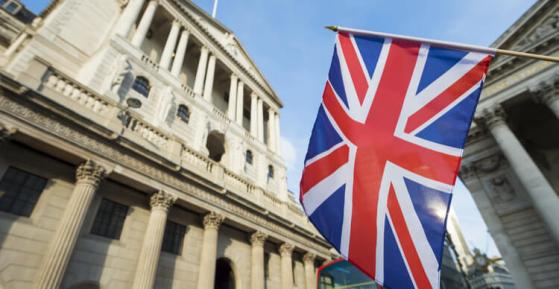As the 2024 UK general election unfolds, with polls having opened at 7am today, Britons from all walks of life are casting their votes to decide the next members of Parliament and, consequently, the party that will lead Westminster.
While the results of this crucial election won’t be known until Friday morning, one aspect remains consistent: elections in the UK are always held on Thursdays. But why is this the case?
Historical roots of Thursday elections
Interestingly, there is no law mandating that UK elections be held on Thursdays. The tradition dates back to the early 20th century and encompasses local and general elections, as well as by-elections for individual seats.
Historically, Thursdays were market days in towns and villages across Britain. This meant that more people were out and about, making it more convenient for them to stop by a polling station and vote.
The practice of voting on market day aimed to maximize voter turnout by aligning with a day when people were already engaging in civic activities.
Smooth transitions and weekend preparation
Another reason for the Thursday tradition is the smoother transition of power it facilitates. Voting takes place on Thursday, allowing for overnight counting of the votes.
By Friday, a winner is typically announced, giving the new leader the weekend to assemble their cabinet, move into 10 Downing Street, and prepare to brief civil servants on Monday morning.
This timetable provides a buffer period for the incoming administration to organize before the working week begins.
How long has Thursday been the chosen day?
The last general election in the UK not held on a Thursday took place on a Tuesday in October 1931.
Prior to that, the day of the week for elections varied, although it was always a weekday. The Thursday tradition began with the 1935 general election and has continued unbroken ever since.
Global election days: A comparative glance
While Thursday is the standard in the UK, other countries have their own preferred election days.
According to surveys, Sunday is the most common day for elections worldwide. This is the case in South America and large parts of Europe, including Italy, France, Belgium, Spain, and Greece, where elections are held on Sundays.
On the other hand, Canada and the Philippines hold their elections on Mondays, while the United States traditionally votes on Tuesdays. Countries like the Netherlands, South Africa, and South Korea opt for Wednesdays.
Interestingly, Iran also holds its elections on Thursdays, aligning with the UK’s practice. Meanwhile, countries like Qatar, Australia, and New Zealand choose Saturdays for their elections.
The 2024 UK general election: What to expect?
As the UK heads to the polls, the process will follow the familiar Thursday routine. Polling stations will remain open until 10pm, after which exit polls will provide early indicators of the election’s outcome.
The final results are expected in the early hours of Friday, setting the stage for the new administration to begin its transition over the weekend.
Prime Minister Rishi Sunak, who called the snap election, and Labour leader Sir Keir Starmer, are the main contenders in this pivotal race. Polling data suggests Labour is poised for a significant victory, potentially ending the Conservatives’ 14-year tenure.
However, the final results will ultimately reflect the will of the voters as they cast their ballots on this traditional Thursday.
The significance of election day traditions
The tradition of holding elections on Thursdays in the UK is more than just a quirky historical footnote. It represents a blend of practicality and strategic planning designed to encourage voter participation and ensure a smooth transition of power.
As Britons head to the polls today, they participate in a century-old tradition that continues to shape the nation’s democratic process.
The choice of Thursday for UK elections is rooted in history and practicality, providing a day that once aligned with market activities and now ensures a seamless transition of power.
As voters cast their ballots, they uphold a tradition that underscores the nation’s commitment to a stable and orderly democratic process. Whether Labour’s projected victory comes to pass or the Conservatives manage an unexpected win, the election’s timing will once again facilitate a swift and efficient transfer of governance.
This article first appeared on Invezz.com
